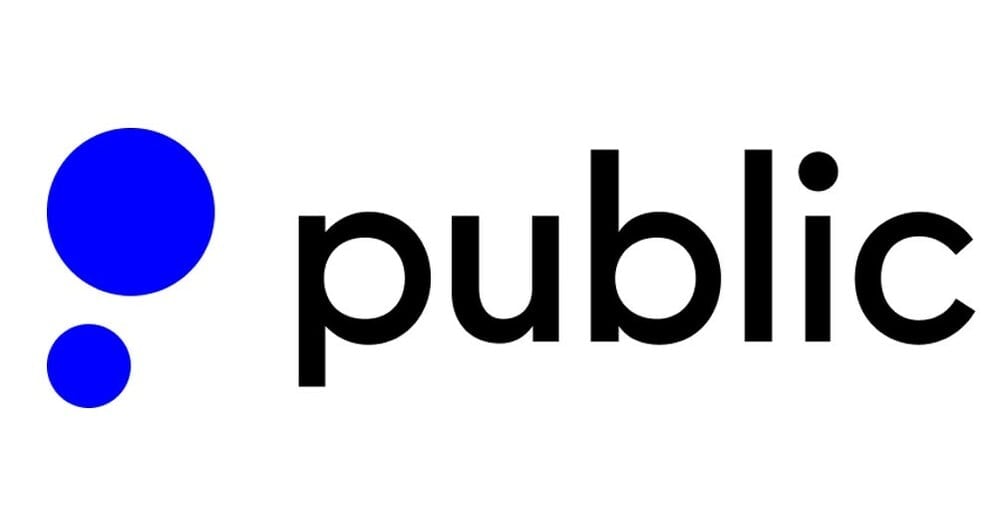ETFs vs. Stocks: A Quick-Start Guide for Beginners
A stock is a single share of a company, whereas an ETF is a type of mutual fund with a key difference: you can trade it during the day like a stock.

Many, or all, of the products featured on this page are from our advertising partners who compensate us when you take certain actions on our website or click to take an action on their website. However, this does not influence our evaluations. Our opinions are our own. Here is a list of our partners and here's how we make money.
The investing information provided on this page is for educational purposes only. NerdWallet, Inc. does not offer advisory or brokerage services, nor does it recommend or advise investors to buy or sell particular stocks, securities or other investments.
If you want to invest in the stock market, individual stocks aren't the only choice. An exchange-traded fund (ETF) might be another option to consider.
NerdWallet rating 4.8 /5 | NerdWallet rating 4.6 /5 | NerdWallet rating 4.6 /5 |
Fees $0 per online equity trade | Fees $0 | Fees 0% - 4% varies by type of transaction; other fees may apply |
Account minimum $0 | Account minimum $0 | Account minimum $0 |
Promotion None no promotion available at this time | Promotion Earn up to $10,000 when you transfer your investment portfolio to Public. | Promotion Get $200 in crypto when you sign up. Terms Apply. |
ETFs vs. stocks
The main difference between ETFs and stocks is that a stock represents ownership in a single company, while an exchange-traded fund is a collection of investable assets and securities, including stocks and bonds. Both can be bought and sold during the day when the stock market is open.
ETFs | Stocks | |
What it is | A basket of stocks that track a specific asset class or index. | A type of security that represents ownership in a company. |
Best if | You want diversification in your portfolio without doing all the work of picking stocks. | You want to pick and choose the companies that make up your stock portfolio. |
Fees | Brokers will charge expense ratios to cover its operational costs, and potentially commissions when an ETF is bought or sold. | Commissions are paid to the broker when bought or sold. |
Pros and cons of ETFs
Pros
More diversification: ETFs are a basket of assets, allowing you as an investor to buy into a bundle that tracks the performance of different indexes, industries, companies, and more. Having more diversification in your investing portfolio allows some safeguards against market volatility, especially if a certain company or industry has a bad year.
Transparency of funds: ETFs typically disclose their holdings publicly every day, compared with monthly or quarterly for mutual funds. You get to see exactly what you’re investing in. While you aren’t able to choose what goes into your ETF, this allows you to see exactly what you’re investing in.
Tax benefits: For most ETFs, capital gains taxes are only incurred when they are sold. And because you get to decide when to sell an ETF, you may be able to avoid higher short-term capital gains tax rates.
Cons
Trading costs: On top of expense ratios, which are annual fees you pay to cover a fund's expenses, an ETF might also come with management fees. Some brokers also have ETF commissions.
Potential liquidity issues: An ETF could close if it isn’t able to cover its administrative costs. In this scenario, investors need to sell sooner than planned and potentially at a loss, incurring an unexpected tax burden.
Not designed to beat the market: Just like an index fund, an ETF isn’t intended to outperform the market, but track it. This means that if the index it’s tracking falls, your ETF — and potentially portfolio — could too.
» Dive deeper: See the best index funds and how to start investing
Pros and cons of stocks
Pros
Highly liquid: Investors can buy and sell shares on stock exchanges during trading hours. This allows almost immediate flexibility to adjust a portfolio as needed and in response to market conditions.
Dividend payments: Some companies pay a portion of their earnings directly to investors through dividends, typically quarterly. This allows shareholders to make money without selling their shares.
Limited fees: Many brokers charge no fees for using their services, or even to buy and sell stocks, which means that you get to keep more of any profits made.
Cons
Riskier than funds: A company’s stock value varies day to day. While it’s possible that the stock price could skyrocket, it could just as easily plummet, potentially risking a portion or all of your investment.
More time intensive: As an investor, you’ll need to do extensive stock research and build the knowledge to choose which stocks to buy, monitor your portfolio and decide when to sell.
» Ready to get started with stocks? See our picks for the best brokers for stock trading
The bottom line
An investor looking to build a well-diversified portfolio doesn’t have to choose between stocks and ETFs. Instead, understanding the different investment options, tax implications and more can help you build a strategy to meet your financial goals.
Investing in ETFs provides the diversification of a mutual fund, saving you the time of researching specific assets for investment, while also giving you the flexibility of trading it like a stock.
Investing in stocks, on the other hand, gives you full control over your investment selections. If a company does well, there is potential for higher returns compared with an ETF, but it’s likely that this won’t always happen, especially in the long term. Investing on your own also means staying well-informed about a company by studying its management, financial statements, industry news, government regulations and more — all of which takes time.
Investing doesn’t have to be all-or-nothing. Depending on your financial goals and investing preferences, you can decide if a portion of your funds should go toward investing in stocks, and another portion is made up of diversified funds, such as index funds or ETFs.
» Ready to get started with ETFs? See our picks for the best brokers for ETF investing










